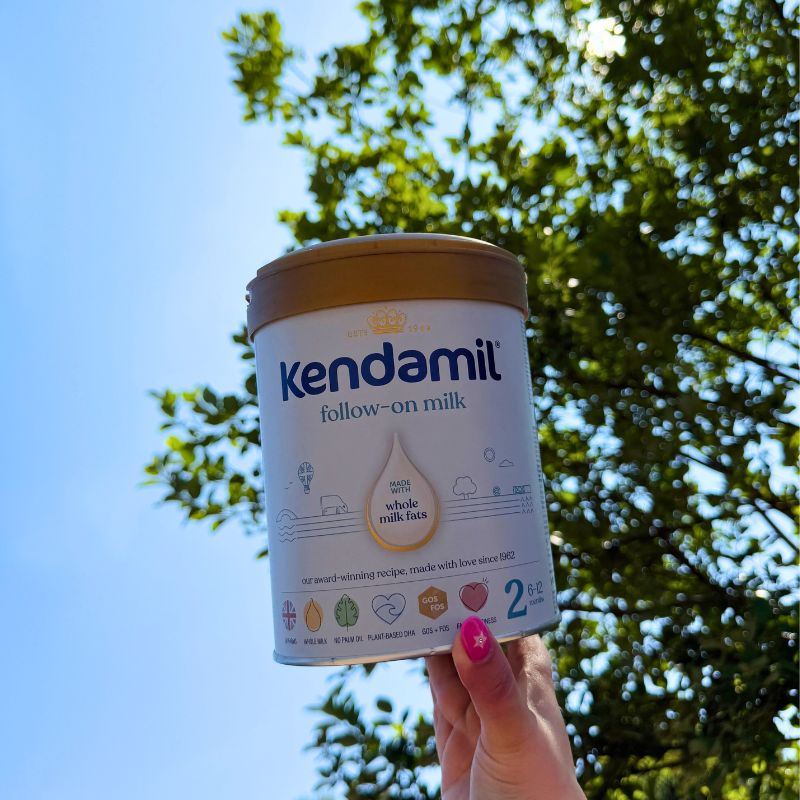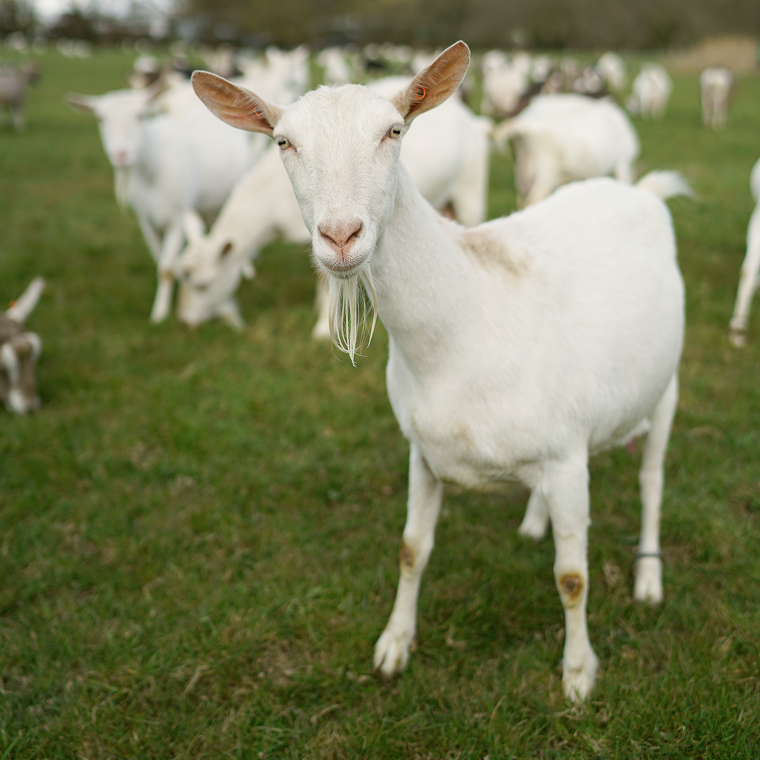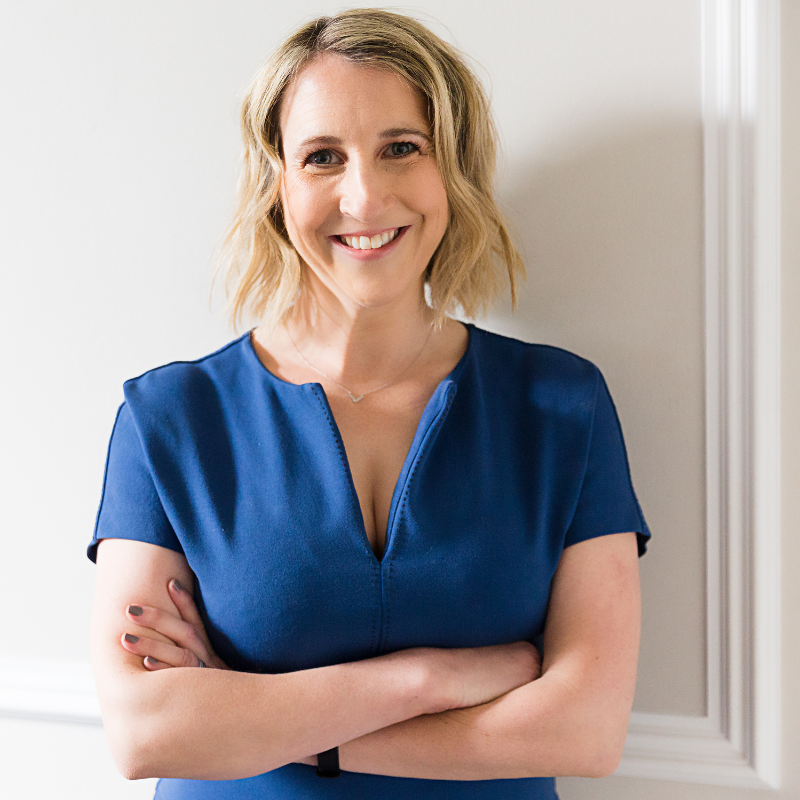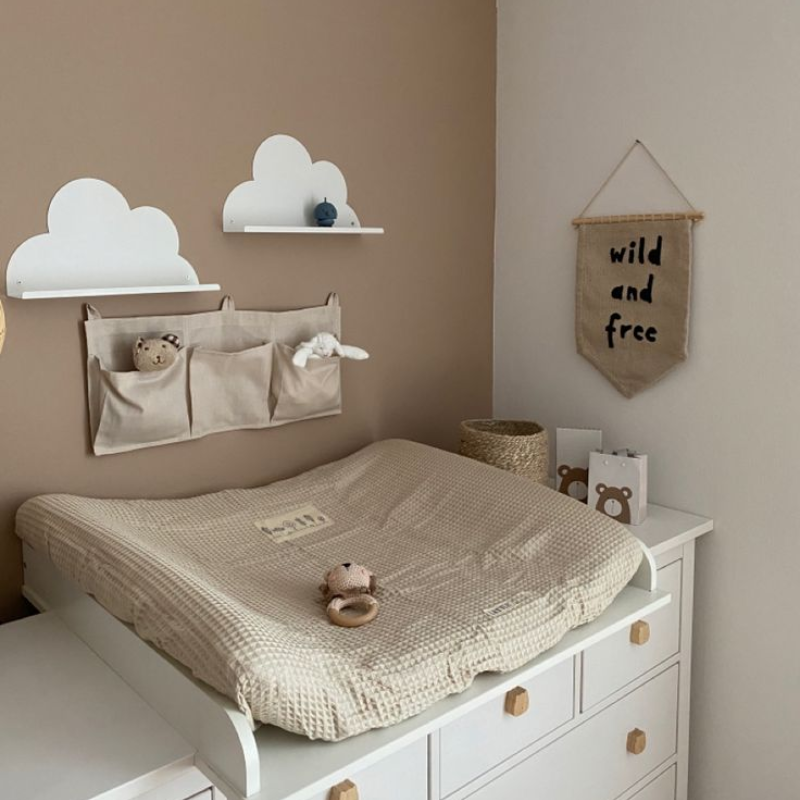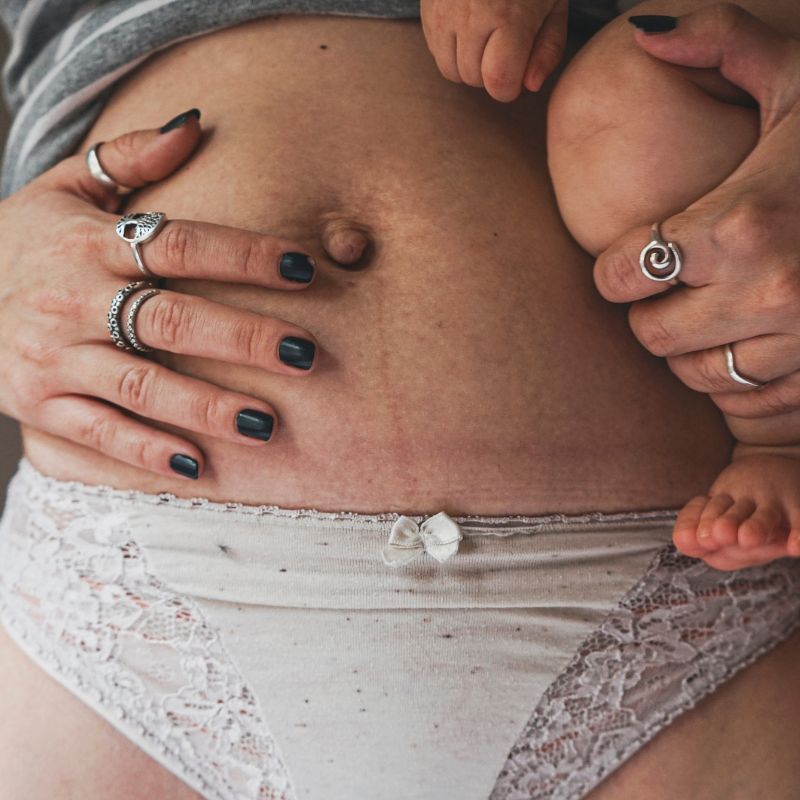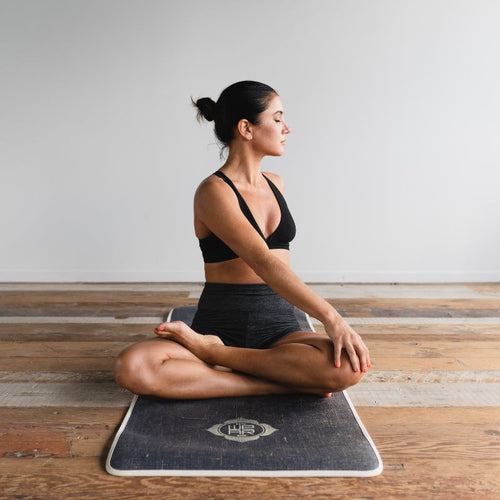Bringing your baby home is exciting, but can also be daunting. Parenting is the one job you want to get right, but there is no training for it. We caught up with qualified Norland nanny and maternity nurse Louenna for her top tips on how to keep your baby happy and content.
SWADDLING
My big tip for creating a contented baby is to swaddle them while they sleep, starting from when they are a newborn.
I swaddle all my newborn babies as it makes them feel snug and secure and allows them to sleep peacefully for longer stretches.

Babies love the security of the swaddle and will settle much quicker, as it mimics the feeling of being held.
Babies are born with a natural startle reflex. This means that when they are disturbed by a noise or a feeling of falling they jerk their arms and legs out. If your baby is swaddled they just re-settle because the movement is minimal, whereas if they aren’t swaddled they often hit themselves in the face and start wriggling until they wake because they need the reassurance of being snug.
ROUTINE
I truly believe that babies love and thrive on a flexible and realistic routine from birth, and I always advise that one is established from the early weeks.
It helps both of you. A routine means that your baby gets proper sleep, full feeds, lots of cuddle time – and you can plan your day, and are able to get out and see people.
Routines are not there to be rigid, tie you to the house, or limit the amount of cuddles you have with your baby!
A routine is there so that if you have a bad day – and this happens to everyone at times – or a day where you just have to go with the flow, you get back into the best rhythm for your baby the following morning. Without a routine in place, it is very easy for a baby to get into bad habits and for parents to feel overwhelmed with a never-ending sleep and feed routine.
It’s very achievable for babies to sleep through the night by the time they are five months old. Sleep is vital for everyone in the family, and if you have a good night’s sleep, you can deal with anything in the day. A routine will help you achieve this.
A good sleeping pattern offers huge benefits to everyone, and a good routine from day one will encourage this. I want everyone to enjoy their babies, and sleep-deprived parents don’t enjoy the first year as much as they should.
If your baby has a routine they get into a rhythm and you start to know their personalities. The reason to space feeds out and not feed on demand is so babies don't snack. If a breastfed baby snacks then they only get the foremilk - not the fatty hind milk. This means they don't get the nutrients they need to thrive and develop.
It’s our job to put babies to bed before they get overtired, and it is our job to teach our babies about daytime and night time. They don't do this by themselves!
Having a routine also means you know you will have some time to spend with your partner and/or other children. It also stops you feeling overwhelmed, as you can see the day in sections.
WINDING
Babies create lots of air in their tummy when they feed and need help releasing it. Without this, they won’t be able to have a full feed and will become uncomfortable and upset.
Winding your newborn baby is important. If they don’t bring up their wind you will have a very cross baby on your hands, and if they take in more milk when they still have wind the chances are they will bring it all up again with a burp.
A burp or a fart both count but usually babies will bring up more than one lot of wind at a time!
Winding breaks are good to let your baby have a breather from feeding, and then they’re ready to go again and take some more milk, creating a fulfilling feed.
A relaxed baby is much more likely to bring wind up. If they are crying or uptight their body won’t relax and allow the wind to come up. Use patting rhythms on their back or a gentle knee jog when holding your baby to put them into a little happy trance and their wind will come up much more easily!

Newborn babies need winding at regular intervals, depending on how fast your milk flow is. With bottle fed babies I tend to stop after every 30mls to wind baby, but after a few weeks you can increase the quantity before stopping to wind.
A little tip, babies find the rhythmic patting of winding therapeutic and relaxing. So when your baby is ready for a nap, try winding them again for a few minutes to release any trapped air and relax them ready to be swaddled and put down for a nice snooze…
It is a myth that breastfed babies don’t need winding. All babies - breast and bottle fed - need to be winded at each feed. When your little one is ready for a nap, try winding them again for a few minutes to release any trapped air and relax them ready to be swaddled and put down for a nice snooze…
Some babies bring their wind up very easily and quickly, whilst others struggle. If you are struggling after a few weeks to bring your baby’s wind up, try using infacol before each feed.
Signs that your Baby has Wind:
🔸 Blue/grey discolouration around their mouths and under their nose
🔸 Wriggling and squirming when you lay them down
🔸 Pulling off the breast or bottle and fussing during a feed
🔸 Crying during or after a feed
🔸 Fluttering eyelids when sleeping
🔸 Smiling and twitching around their mouth, whilst awake or asleep
Starting with these top tips and setting up a routine that works for you and your family will help to keep your baby settled and content. Which tips will you try first?







